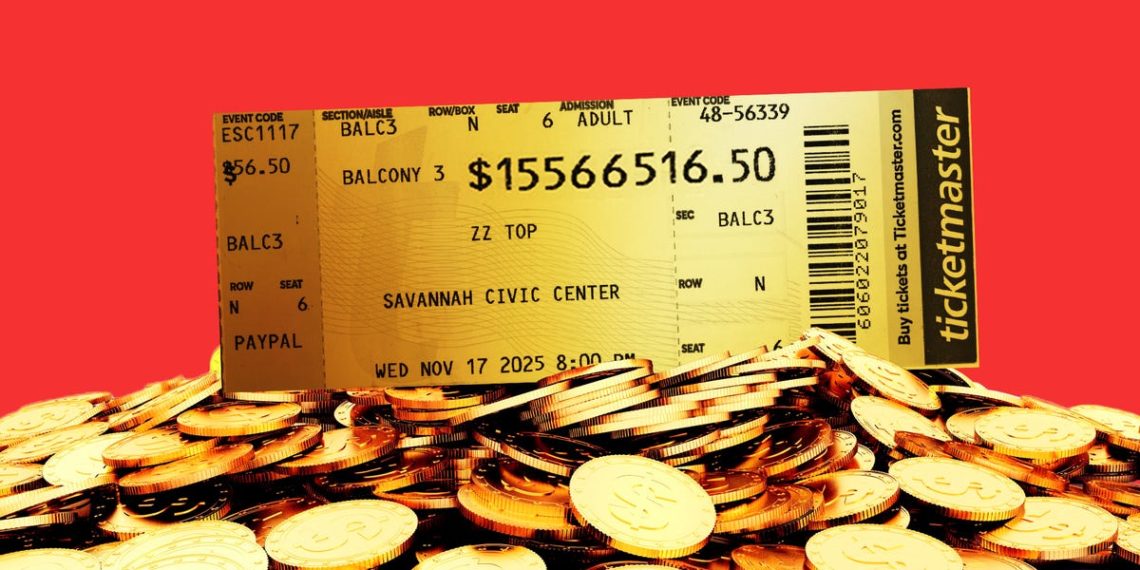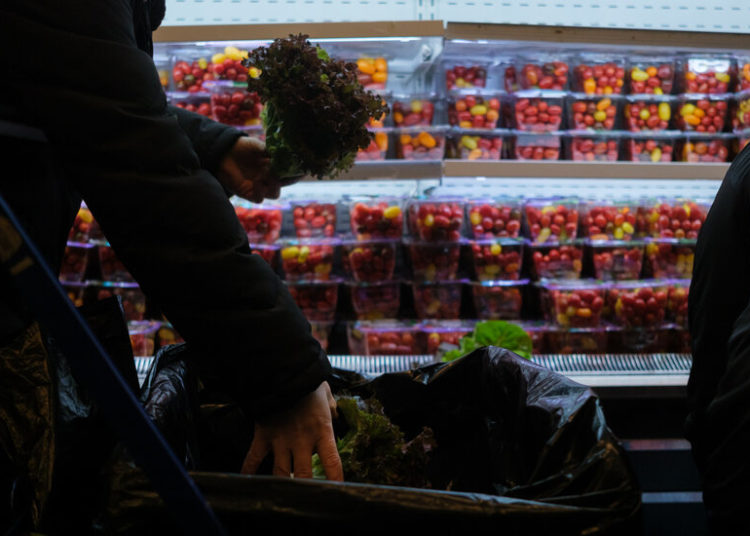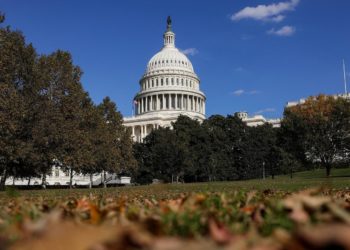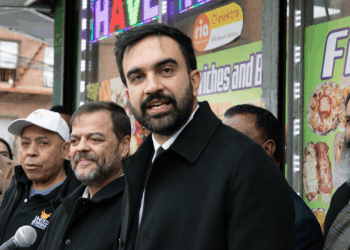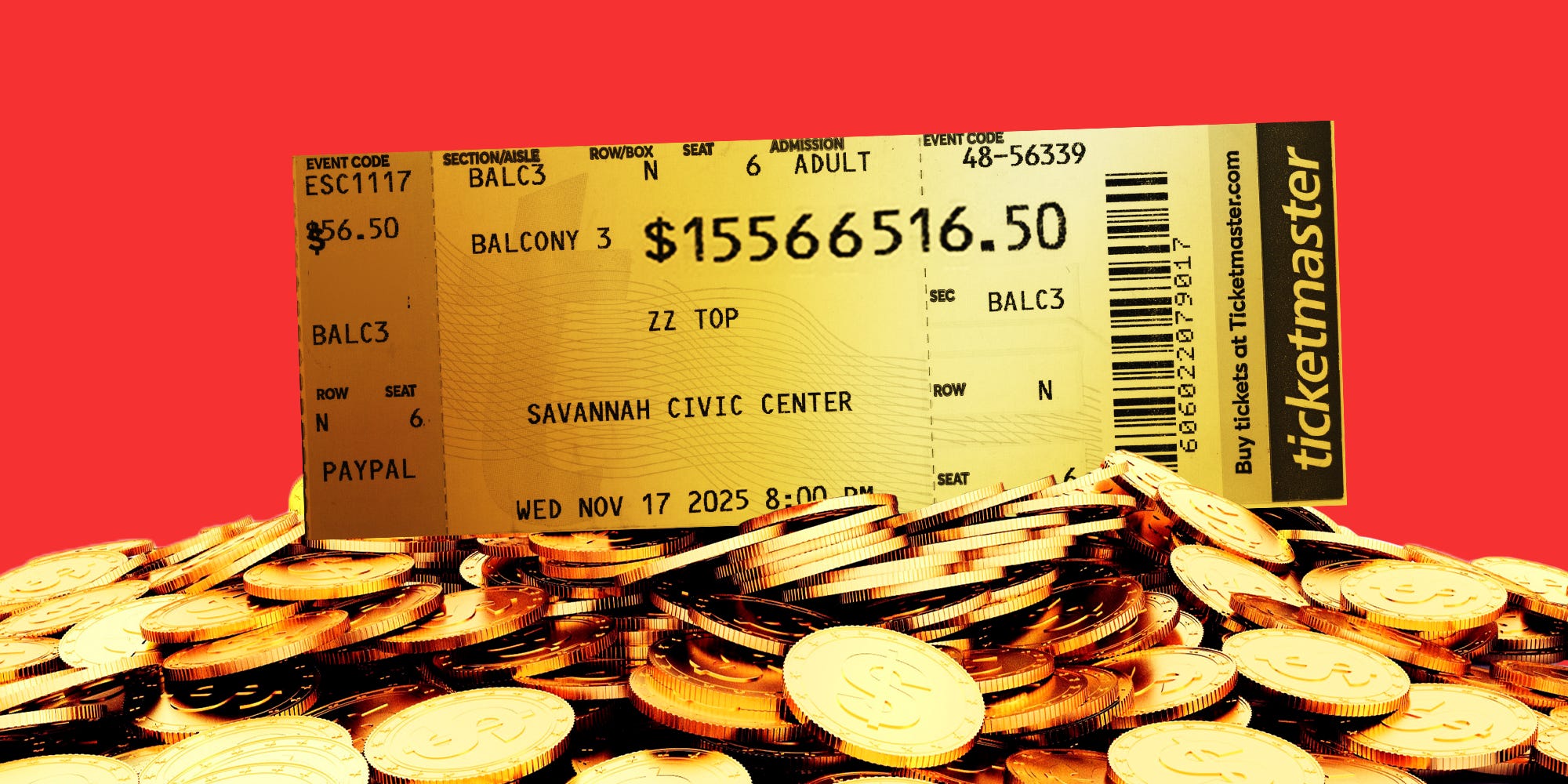
Getty Images, Ava Horton/BI
To be a live music fan these days is a roller-coaster experience. You get excited to see an artist or a band, hit the internet to pick up concert tickets, and then are gobsmacked by how much they cost. So then you find yourself faced with an unexpected existential question: Just how much do you like Shakira or Kendrick Lamar or Billie Eilish? Enough to shell out a third of your monthly rent? Maybe you start to get real delusional and make some weird choices. A couple of years ago, I flew to Buenos Aires to see Taylor Swift — the tickets were much cheaper there, and even with the flight, I didn’t wind up spending that much more than if I’d seen her in the US.
Pollstar, a music industry trade publication, found the average ticket price for the top 100 tours in 2024 was $135.92. Prices have dipped slightly so far this year, but they’re still well above where they were in 2019, at $96.17, and astronomically higher than the $25.81 average in 1996. Prices for high-profile, in-demand shows can be eye-watering, especially when they’re resold on secondary markets.
In popular culture, the line on the ticket price debate has become “blame Ticketmaster.” The ticketing giant, which merged with Live Nation in 2010, has been the subject of enormous scrutiny, including from the Department of Justice, which says it’s a monopoly that should be broken up. Live Nation has called the DOJ’s claims baseless. In an email to me, a Live Nation Entertainment spokesperson says the lawsuit is a “performative attempt to grab headlines by asking for a breakup that won’t ever happen” and denies the company has a monopoly.
But Ticketmaster is only one factor. I spoke with several industry insiders, activists, artists, and experts across the music industry to get a deeper look at what’s going on with ticketing and what, if anything, could fix it. It’s not an easy problem to solve, and it’s possible that nothing could really ensure you’ll get super-affordable tickets to see your favorite artist. Music industry dynamics mean artists now rely on touring more heavily for their incomes. Inflation, rising touring costs, and increasingly complex productions are pushing prices up. Ticketmaster is not helping — but neither are the resellers of the world, such as StubHub and Vivid Seats. Kevin Erickson, the director of the Future of Music Coalition, a nonprofit that supports artists, tells me that while a Ticketmaster breakup would “have an impact on consumer-facing prices,” there’s more to it than that.
“The challenge with this issue set is people like it when there’s just one bad guy, and this is an issue where there isn’t just one bad guy,” he says.
There’s some amount of hope that ticket price inflation could slow, but chances are, you’re still going to wind up shelling out more than you’d like to see your favorite artists.
To explain soaring ticket prices, it’s best to start with the stuff that won’t make your blood boil (or maybe just a little). One of the biggest shifts is the way artists make money. Musicians and bands used to put out an album and then go on the road to promote sales. The bulk of their cash came from people buying vinyl, tapes, and CDs. Now, it’s the reverse: Artists don’t make much money off album sales or streaming royalties, and so they’re reliant on touring revenue instead. They’re charging more for tickets, and they’re on the road more often.
“You just started touring all the time. And having lived through all of that, that was definitely in reaction to falling recorded music revenues,” says David Lowery, a musician who is an advocate for artists and is in the bands Camper Van Beethoven and Cracker.
The challenge with this issue set is people like it when there’s just one bad guy, and this is an issue where there isn’t just one bad guy.
While tours and concert dates have become the financial lifeblood of any musical act, they’ve also become more expensive. Thanks to inflation, operational and production costs including equipment, gas, and labor have gone up, as have venue costs. Plus, there’s an arms race among artists to make their shows increasingly elaborate, with complex visuals, lighting, and sets. Audiences have come to expect elaborate productions — largely gone are the days of a singer sitting in the middle of a stage alone with a guitar. Artists feel pressure to try to outdo one another in order to keep fans coming back and, especially in the age of social media, sell more tickets.
“An artist will see another artist do something and say, ‘Well, they’re my competition, so I’ve got to outdo them.’ So the shows get bigger and bigger,” says David “5-1” Norman, an industry veteran who has toured with Prince, Green Day, and Alicia Keys. Putting on a big show can generate social media buzz and more sales, Norman tells me, but it comes with a big operation. He’s currently on Cyndi Lauper’s farewell tour. With the support act and the truck and the bus drivers and everyone else, it entails 80 people in total, which is expensive even with their focus on keeping things economical.
Once musicians hit the road, the harsh reality of supply and demand kicks in. Artists and their teams are incentivized to charge more out of the gate to minimize the gap between the upfront price and the price that resellers offer (more on them later). If an act sells tickets for $50 on the primary market and some scalper flips them for $200, that’s $150 they’re missing out on.
“If you underprice your ticket, someone’s going to buy it and put it on StubHub or one of these other sites,” says Jarred Arfa, the head of global music at Independent Artist Group, whose client roster includes 50 Cent, Billy Joel, and Metallica. “You’re just giving the money away, as an artist.”
OK, so now to the blood-boiling part for many readers. Both primary ticketers — think Ticketmaster and, to a lesser extent, SeatGeek — and secondary ticketers — StubHub, Vivid Seats — play roles in pushing prices up and making fans unhappy.
Ticketmaster and its parent company, Live Nation, dominate the live events industry. They are vertically integrated with arms in artist management, concert promotion, venue promotion, tickets, and more. It has an enormous amount of data on fans and leverage over the live events space overall. When it comes to tickets, Live Nation controls the vast majority of major venues’ primary sales operations, and it’s garnering an increasing share of the secondary industry, too.
“Live Nation-Ticketmaster controls all the core business lines of the industry,” says Morgan Harper, a lawyer at the anti-monopoly American Economic Liberties Project, adding that that’s how they’re able to “extort” independent venues and customers. The Live Nation spokesperson says that some independent venues are trying to “cynically” use the DOJ case to stop Live Nation from competing with them.
Venue managers, artists, the DOJ, and competitors say Live Nation’s dominance compels acts and venues to work with it. If an amphitheater or club spurns selling on Ticketmaster, it may not get a show at all, because Live Nation will divert artists and events to other locations. Some of those same critics note that power gives Ticketmaster a lot of wiggle room for charging exorbitant add-on fees that don’t generally go to the artist or the venue itself. By one 2018 estimate from the Government Accountability Office, ticketing companies charged more than a quarter of a ticket’s price in fees. Live events platforms now have to disclose the total cost up front, but it’s still fee-palooza for many of them.
“This vertically integrated monopoly in concert promotion and venue management and ticketing gives them this sort of enormous wingspan. With that kind of market power, you can set whatever fees you want,” says Diana Moss, vice president and director of competition policy at the Progressive Policy Institute.
Ticketmaster also uses dynamic pricing, which means ticket prices fluctuate based on a show’s popularity and fan demand. The company says that it’s on the artists and their teams — not them — to implement the strategy and that price adjustments are not done by an algorithm.
The one thing that technology has not made our life easier about is ticketing.
“Every price on Ticketmaster has been set by a human being,” Dan Wall, the executive vice president for corporate and regulatory affairs at Live Nation, told Business Insider reporters. “Ticketing companies shouldn’t be changing these prices. We don’t change these prices. It’s always the artist’s decision.”
Dynamic pricing and fees aside, many observers note that Live Nation’s dominance gives it little incentive to improve. New entrants that may challenge it or create better ticketing methods can’t get a foot in the door. They could make fan-to-fan ticket transfers easier, have more dynamic inventory flows, or create different recommendation models. There are some upstarts out there, but they’re generally small. Instead, the entire live events industry is sort of stuck with Live Nation and Ticketmaster.
“The one thing that technology has not made our life easier about is ticketing,” says Gary Witt, the CEO and co-owner of The Pabst Theater Group in Milwaukee. “Basically, monopolies kill progress, and they stop growth of anything that has any level of creativity in the market.”
The primary market may be a headache-inducing experience for artists, venues, and fans, but that pain is compounded by the secondary market. Many people have had the experience of going online to see all the tickets for an event almost immediately sell out on the primary market and suddenly appear on resell sites for exponentially higher amounts.
In search results, resale tickets often appear before primary tickets, which confuses consumers and makes them think prices are much higher. Stephen Parker, the executive director of the National Independent Venue Association, a trade group, shared a couple of resale horror stories — one New Orleans venue saw its $10 apiece tickets show up as a $700 four-pack online, and parents reported seeing high-priced resale tickets for a children’s production of The Lion King in Illinois. The BOTS Act, signed into law in 2016, was supposed to prevent operations from scooping up tickets online en masse and reselling them, but it hasn’t been that effective in stopping scalpers.
“It either hasn’t been enforced or it’s difficult to enforce,” Lowery says.
Sometimes, the actual tickets aren’t even on sale at all when they start to show up on reseller sites. This is called speculative ticketing. People list the tickets before the day of the initial sale, hoping to flip them. In nightmare scenarios, the speculator is unable to get them, leaving the purchasers out of luck. Sometimes it’s even scammier: The sections and seats supposedly for sale never even exist, or scalpers market the shows incorrectly. A friend of mine recently flew to a Formula 1 race in Dubai, only to realize she’d gotten speculative tickets that never came through. The day I talked to Witt, he was about to launch tickets for a Widespread Panic show at one of his venues in Milwaukee. He bet me — correctly — that I could already find tickets listed by resellers online, for much more than their yet-to-be-available face value.
“Since the Ticketmaster Live Nation merger went through, in addition to all the problems that followed from that merger, we’ve just seen this explosive growth in the resale industry,” says Erickson, from the Future of Music Coalition.
Secondary marketplaces say they’re injecting much-needed competition for Ticketmaster, but that’s not really true, at least when it comes to primary market sales. “They’re competing with fans to get those tickets,” Erickson says of the resellers.
Because the ticket pricing problem is complicated, so are the potential solutions. Different industry players blame one another. StubHub and SeatGeek say Ticketmaster is the problem. Ticketmaster and Live Nation say their integration is actually helpful for artists and fans. Reasonable minds can also ask whether streamers such as Spotify are being fair with the payouts they give artists, especially to smaller artists, or whether record companies are keeping too much for themselves. There’s also been a rabid demand for live events and in-person experiences among fans in the wake of the pandemic, which has had a price-increasing effect and perhaps comes at the expense of up-and-coming artists.
“It also takes away from the potential of people wanting to discover music, because they’re basically spending what they would’ve spent on a family vacation to go sit 3000 feet away from Taylor Swift in a football stadium,” Witt says.
Many people I spoke with acknowledged that while breaking up Live Nation and Ticketmaster may not be a panacea, it’s a good step. It could help with innovation and bring costs down — when companies have to contend with one another, it generally forces them to do better on multiple fronts.
“We might just have a better, more dynamic market,” Lowery says.
The Justice Department seems to agree. In its complaint against Live Nation, the DOJ says the company’s conduct and contract exclusivity block promotions, ticketing competitors, and business models from emerging. It says it bars venues from using other ticketers who would “compete by offering the best mix of prices, fees, quality, and innovation to fans.” In a public statement on the DOJ’s lawsuit, Live Nation says the move “won’t solve the issues fans care about relating to ticket prices, service fees, and access to in-demand shows,” notes that Ticketmaster’s market share has declined since 2010.
It’s worth saying that complaints about Ticketmaster dominating the ticketing industry predate the Live Nation merger — Pearl Jam tried to take it on in the 1990s. Harper, from the Economic Liberties Project, says that’s why a Live Nation breakup is just one piece of the puzzle. There are other policy levers that can be pulled, she adds, such as barring Ticketmaster from having long-term exclusivity contracts with venues, which would allow them to work with multiple ticketing platforms.
In an email, a Ticketmaster spokesperson argues that venues “hardly ever want to have two primary ticketing companies” and that exclusivity gives them the best deals.
There is a lively debate about what to do with secondary markets. The platforms say that they do not allow for speculative ticketing and that they’re fighting bots and scalpers, though clearly, a fair amount of activity is slipping through the cracks.
Giving artists more control over how their tickets can be resold could be a step in the right direction. Massachusetts, for example, has a law that lets artists limit a ticket’s transferability. Minnesota bars tickets from being sold online before the tickets are actually available to the public. Ticketmaster also has a feature giving artists and organizers the ability to implement a face-value ticket exchange that lets fans sell tickets to one another if they can’t use them but is intended to keep scalpers out. On the other end, some states have laws requiring unlimited ticket resales, including New York, Colorado, and Connecticut. The argument is that fans should have the freedom to do whatever they want with their tickets. In these places, there’s not much artists can do.
“One of the most deceptive things that the resale industry has done has been to try and take away artists’ ability to protect their fans from these kinds of extractive practices and then done it under the banner of fans’ right to resell the ticket,” Erickson says.
There is evidence that limiting reselling is effective in keeping prices under control. In 2023, The Cure went to great lengths to squash dynamic pricing and require face value ticket exchanges. A study from the National Independent Talent Organization found that for the band’s dates in California, where resale restrictions are allowed, both the number of tickets resold and the profits resellers made were 90% less than in states where restrictions are barred.
To be sure, not everyone is on board with restricting resale or putting price caps on secondary tickets. Moss, from the Progressive Policy Institute, notes that resale tickets are often priced lower than primary tickets, balancing things out.
“It’s there to match up more fans with more artists so that they grow demand for their brand or for their production,” she says. “So it is perfectly acceptable for ticket prices to fluctuate above face value and below face value.”
Multiple European countries and some states in Australia have stiffer limits on ticket reselling and scalping, and economically and culturally, they’re not as accustomed to dynamic pricing, which helps keep prices in check. But there are drawbacks. Arfa, the talent agent, says artists don’t make as much money in Europe, which makes it less compelling to tour there. A SeatGeek representative also says that limiting reselling too strictly leads to more nefarious activity and fraud — people buying tickets off of some sketchy guy on the internet or on the corner outside the venue. A StubHub spokesperson echoes the argument, pointing to evidence in Europe and Australia that places with ticket caps see higher fraud incidences and the 2018 GAO report that said price caps were difficult to enforce.
As long as demand for live events and concerts remains high, that’s to some extent going to keep prices high, too.
Oddly enough, one way for resale prices to get under control could be for the original tickets to be more expensive when they’re first for sale. It’s hard to guess what price the market will actually bear — hence why some acts have been overestimating interest in their tours — but if agents and promoters guess the price better ahead of time, it may cut down on how far above that initial number resellers can go.
As Pollstar found, ticket prices are falling a bit this year. An important part of the explanation: the economy is rocky. People are anxious about tariffs and the possibility of a recession. They’re on edge about the job market and overall economic, political, and global instability. If you’re worried about conflict in the Middle East or a flare-up in inflation, you may think twice about scooping up those high-priced tickets.
“Those artists where they’re quite not as bulletproof, à la Taylor or Morgan Wallen or something that has such heat, I think those types of artists will need to adjust pricing,” Arfa says.
Still, as long as demand for live events and concerts remains high, that’s to some extent going to keep prices high, too. There is some limit to how much fans are willing to pay, but it’s more than many observers perhaps would have bargained for five, 10 years ago. As long as we’re all clamoring to see the same music acts, prices aren’t going to meaningfully come down.
The ticketing industry is big and messy, and there are sort of no heroes here. And when many of the players — especially the corporate ones — are at least a little bit villainous, it’s hard to vanquish them all.
Enxhi Dylgjeri contributed reporting to this story.
Emily Stewart is a senior correspondent at Business Insider, writing about business and the economy.
The post Concert tickets are wildly expensive. What would it take to actually make them affordable? appeared first on Business Insider.
